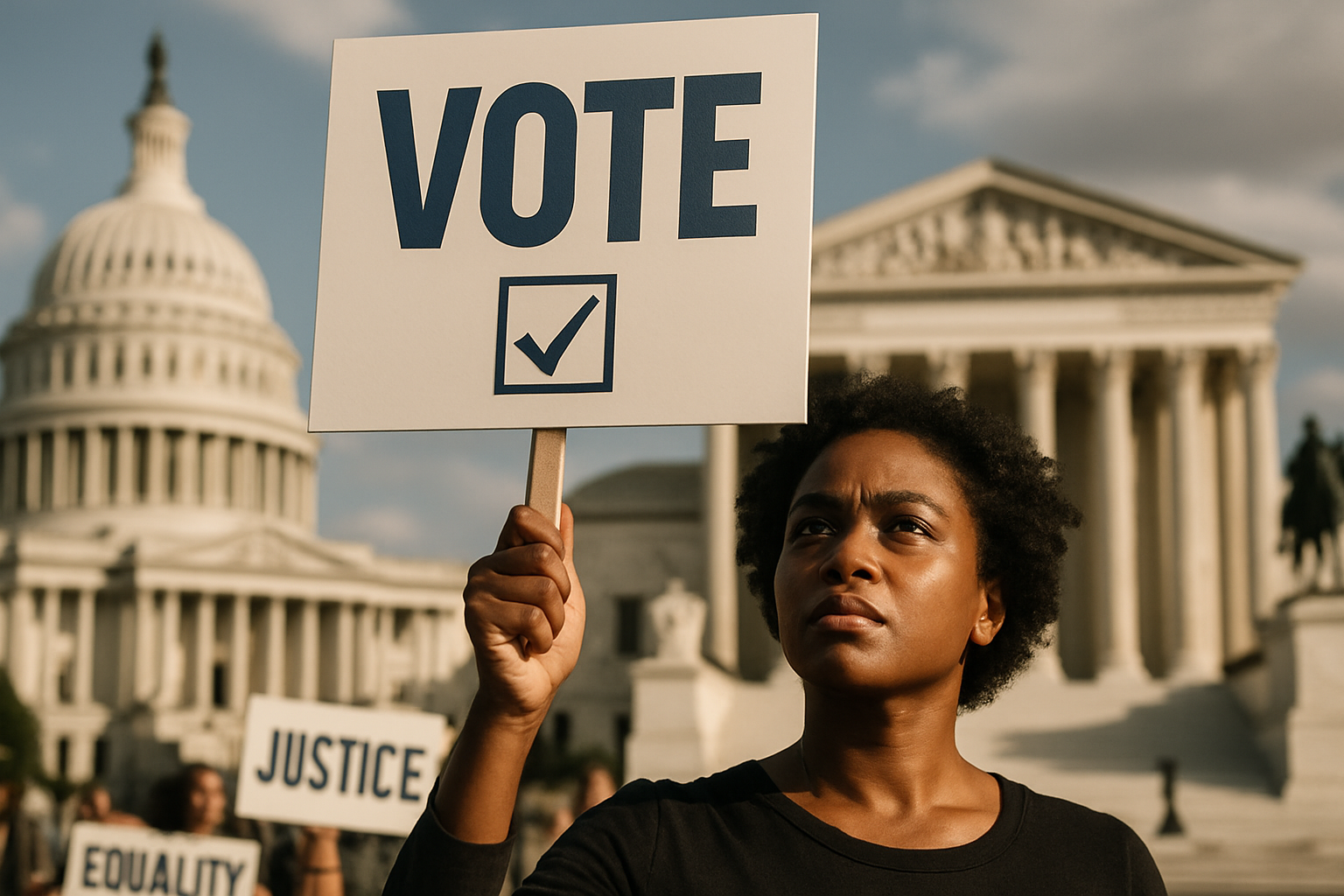The Significance of the Voting Rights Act in Modern Day America
The Voting Rights Act (VRA) of 1965 is a landmark piece of federal legislation in the United States that prohibits racial discrimination in voting. Today, in the face of debates over voter suppression and election integrity, the Act is more relevant than ever. This article provides an overview of the history of the VRA, recent legislative changes, and its implications for American society.

Historical Context of the Voting Rights Act
The Voting Rights Act was signed into law by President Lyndon B. Johnson on August 6, 1965, during the height of the Civil Rights Movement. Prior to the VRA, African Americans in many Southern states were systematically disenfranchised through discriminatory practices like literacy tests and poll taxes. The Act outlawed these practices and implemented federal oversight of voter registration in areas with a history of voter discrimination.
The Modern Relevance of the VRA
Despite being over half a century old, the VRA continues to be a critical tool in protecting the voting rights of American citizens. This is particularly true in the wake of the Supreme Court’s 2013 decision in Shelby County v. Holder, which struck down a key provision of the Act. The decision has sparked widespread controversy and debate over voter suppression and election integrity.
Recent Legislative Changes
In the years following the Shelby County v. Holder decision, there have been numerous efforts at both the state and federal level to change voting rights laws. Many states have passed measures that critics argue disproportionately impact minority voters, such as strict voter ID laws and reduction in early voting. At the federal level, there have been attempts to restore the full protections of the VRA through legislation like the John Lewis Voting Rights Advancement Act.
The Implications of the VRA on Society
The VRA has had a profound impact on American society by promoting electoral equality and ensuring that every citizen has the opportunity to participate in the democratic process. However, ongoing debates over voting rights legislation highlight the challenges that still exist in achieving full electoral equality. It is clear that the VRA will continue to play a crucial role in shaping America’s democratic process in the years to come.
The Importance of Understanding the VRA
Understanding the VRA and its implications is essential for every American citizen. It is not only a vital piece of our nation’s history, but also a key determinant of our future. As debates over voting rights continue, informed citizens will be better equipped to participate in discussions and advocate for their rights.
In conclusion, the Voting Rights Act of 1965 remains a significant piece of legislation that continues to influence American society and the democratic process. It is crucial for citizens to understand the Act’s history, its current relevance, and future implications. By doing so, they can contribute to the ongoing pursuit of electoral equality and justice in America.





